CONTAINS SEASON 2 SPOILERS FROM THIS POINT FORWARD
All our favourite regulars returned for the second season, along with a few new faces. Season two saw recurring guest star Mahershala Ali join the cast, which in my opinion, was the absolute best casting choice the team at Ramy made (and they made a lot of good ones). Mr Ali is a formidable multi award winning actor, and the cherry on top is that he is also a Muslim. It’s twice the representation we need; finally seeing a world renowned and well-respected Muslim play a Muslim, in a role written by a Muslim. 15-year-old me was screaming.
We also saw a cameo from Mia Khalifa with an interesting, to say the least, story line. Overall, I have to say as a British born Palestinian woman living in the UK, the events which unfold in both seasons were not the most relatable to me personally, but the overarching themes, the feelings, the tensions, were all spot on.
Even the non-pivotal scenes perfectly captured the awkward dinner table conversation that we had growing up in an Arab household; up until now I had only ever seen white families represented in the traditional nuclear family context onscreen. Seeing Ramy and his sister argue at dinner, or his mum nag him to do something at home, normalised my own experiences and familial interactions. And it is for this very reason that, even with some of the individual level disconnects, I still say Ramy is unequivocally the most relatable show for Arab millennials living in the West.
… even with some of the individual level disconnects, I still say Ramy is unequivocally the most relatable show for Arab millennials living in the West.
Susan Al-Safadi on the arab representation in ramy
Seeing things on screen like shawarma and Egyptian food, Ramy referencing his mum’s koshary – that’s the representation we never had growing up. That one scene in My Big Fat Greek Wedding where she gets bullied by her Caucasian classmates for having different food, moussaka (“is that Moose kaka? Ew.”), is the closest we came to seeing our culture and our experiences reflected on the big screen.
At the dinner table we see Maysa eating with her hands. Growing up this was something we did at home all the time but eating kabseh with your hands in front of your White friends? Forget about it. The show also delivers basic representation in the form of just hearing the characters use the Arabic language. We only ever hear Arabic words from terrorists or oil hungry capitalists in Hollywood. But with Ramy, the audience is forced to reassociate the language with neutral or even positive themes. The soundtrack is another homage to Arab culture; I mean where else do we hear Arabic music in mainstream Western culture? And I’m not talking about that weak “Khosara Khosara” sample Jay-Z stole for Big Pimpin’.
The portrayal of young Arabs’ relationships with their parents throughout the season is also key. The frustrations of our parents not grasping the pressures of growing up in the West with Middle Eastern religious obligations is seen throughout Ramy. We’ve all had some variation of the extreme comments Maysa makes when Dena gets her scholarship and shares the good news on Facebook. Her mum warns her of the evil eye and makes a pretty harsh comment telling Dena ‘you’re better off just posting half naked pictures’. Such a dramatic way for our parents to express their concern; this kind of fear mongering culture fosters secretive adults with trust issues.
The fact is: we do believe in ‘hasad’ religiously, but how far is too far? When Dena starts noticing her loss of hair, she dons a hijab and goes to see a lady who can lift her curse. What hit home the most for me in this story line was that Dena was going through such a massive life moment, and she was doing it completely alone. As third culture kids we learn to lead double lives and shelter our parents from our truths because we fear they won’t understand or accept us.
Dena was going through such a massive life moment, and she was doing it completely alone. As third culture kids we learn to lead double lives and shelter our parents from our truths because we fear they won’t understand or accept us.
Susan Al-Safadi on the arab representation in ramy
The conversation Dena has with her mum about gender is so important. These issues are not discussed enough in our cultures and almost never seen represented in parallel on the same screen. It’s inspiring people to have these cross generational discussions with their parents, which is pivotal to destigmatising issues that affect and compose our own communities. Watching this storyline unfold, I cringed hard at the things Maysa says. I knew they were wrong, but I also recognised that the majority of Arab parents would hold the same beliefs/understanding of such issues. I found myself empathising not only with the transgender character, but also with Maysa, even though I knew she was in the wrong this time. And it’s because we can see all of our parents in her; we know their intentions are not malicious but the damage their actions or words have can be catastrophic.
For any kid growing up and trying to find their identity, it’s incredibly hard to sit there and listen to your parents trash a way of life you could see yourself living. For all young adults growing up, and specifically for Arabs, there is no safe space to make these internal explorations because we are constantly clouded by the fear of judgement and being shunned by our community.
One of my favourite storylines this season was Ramy’s dad slowly warming to Boomer, the dog. Boomer falls ill and the vet tells Farouk he’s depressed. Farouk asks what the dog has to be depressed about (‘depressed leih ya roh omik?’) and as western Arab kids, I feel like we’ve all been here. Arabs don’t do depression, or at least back home they don’t. Mental health, what’s that? You have a roof over your head and food on the table: what do you have to be depressed about? Sure, we have privilege growing up in the West, and our parents certainly had different struggles growing up back home, but it’s all relative. Baba, I know you had to walk for two hours in the desert sun to get to and from school every day, but knowing your struggles doesn’t make my anxiety over first world problems any less valid.
This season also gave us a window into Farouk’s initial move to the US all those years ago, having sacrificed his life and relationships back home in the search for ‘a dream that doesn’t exist’. Farouk hides the fact that he’s lost his job from his family for over eight weeks. It’s an interesting plot point which further highlights the stagnant Arab ideas that a man should only ever be proud, valiant and secure.
It’s an interesting plot point which further highlights the stagnant Arab ideas that a man should only ever be proud, valiant and secure.
Susan Al-safadi on arab representation in ramy
The Uncle Naseem episode. Wow. I could write an entire piece on this episode alone, and it would deserve that. Up until this episode, Uncle Naseem was a caricature of toxic male Arab masculinity, but this episode humanised him. Uncle Naseem is the character you love to hate; his twisted thoughts on what it means to be a man encapsulate the underlying attitudes we have in the Middle East towards men and women. He tells Ramy that nowadays ‘people want a man who feels a little bit like a woman, but officially is still a man’, accurately showcasing the narrow and limited opinions on what it means to be a man in the Arab world. We see a glimpse into Uncle Naseem grappling to come to terms with his own identity as an Arab man, and that struggle in itself is wildly relatable to all of us doing the same.
Another important theme this season was of racism within the MENA region. It’s not something we talk about, but it’s certainly there. On visiting Emirati Bin Khalied, a cartoon-like parody of the traditionally stereotyped Middle Eastern man, we see him casually ignore and disrespect Zainab. He exclusively addresses Ramy, despite Zainab being much more well informed on the topic of discussion. Simply because Zainab is a black woman and not a man, and that is very telling of our society. Bin Khalied even blatantly states, ‘my friends warned me, he’s black. Get yourself an Arab sheikh’.
When Ramy tells his parents about his interest in Zainab, his mum has a very physical response to seeing her photo for the first time. She mentions that she is ‘beautiful…like Beyoncé’ and Ramy calls her out on that. ‘What about her looks like Beyoncé?’ Clearly his mother is taken aback by the fact that Zainab is black. Uncle Naseem even asks Zainab’s father, the sheikh, what prison he ‘converted in’. Interracial unions are still relatively taboo in Arab cultures; we’ve made some progress but marrying outside your ethnicity can still be controversial for some. My parents always said I could marry whoever I wanted: so long as they were Palestinian.
Aside from being painfully accurate and understatedly hilarious, it really got me thinking about the way we millennial Arabs see ourselves. Outside of the Arab stereotypes Western cultures impose on us: which stereotypes do we have of ourselves?
susan al-safadi on arab representation in ramy
If you haven’t figured this out, I thoroughly enjoyed the Arab representation in Ramy. Aside from being painfully accurate and understatedly hilarious, it really got me thinking about the way we millennial Arabs see ourselves. Outside of the Arab stereotypes Western cultures impose on us: which stereotypes do we have of ourselves? Ramy jokes about White drivers being safer than Arabs, and more likely to stop at stop signs. He makes remarks about oil money. So does being Arab in the West mean the same as being Arab in the East? And with Arabs like Ramy Youssef writing for the screen, do we now have the influence to change that narrative? Inshallah.
By Susan Al-Safadi
@susanalsafizzle
This is part one in a three part series of Unpacking x Representation in Ramy.

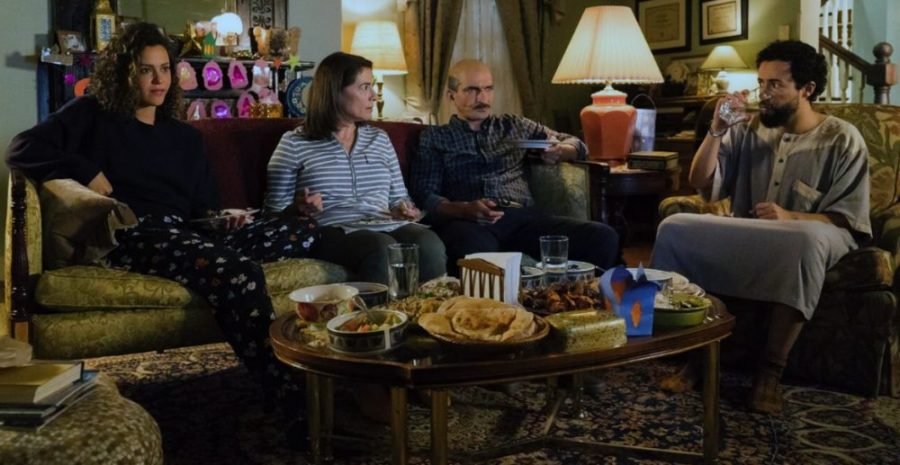


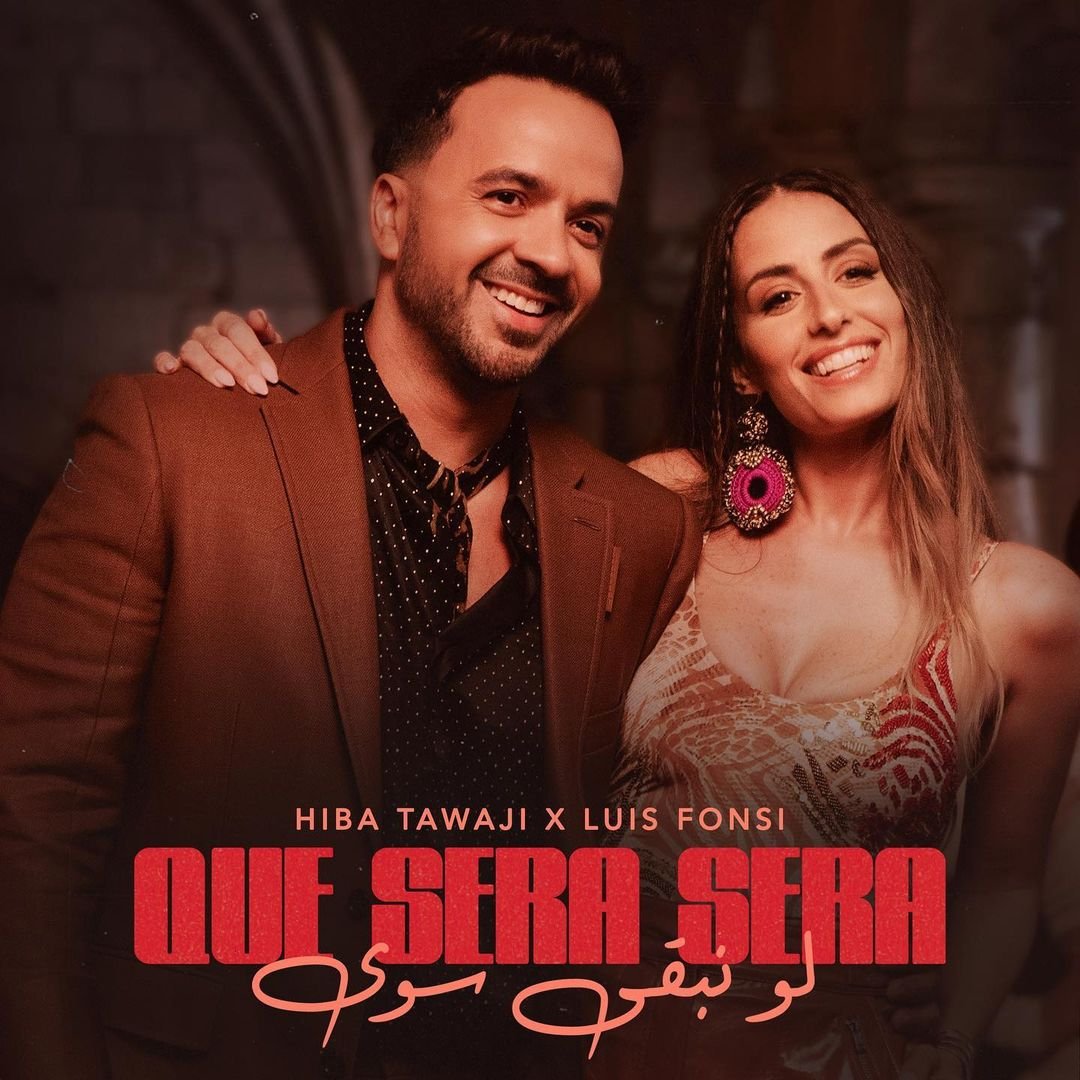
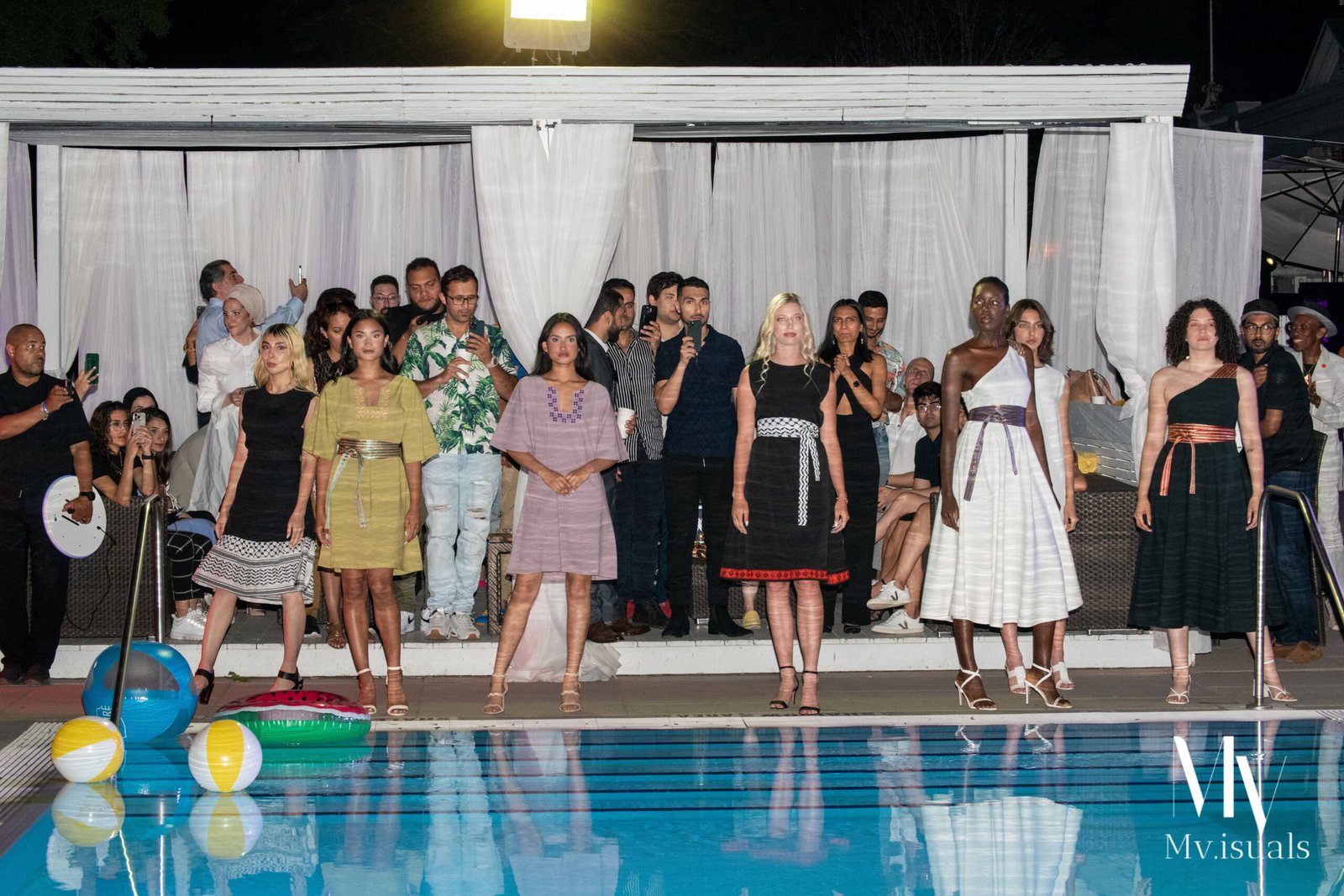
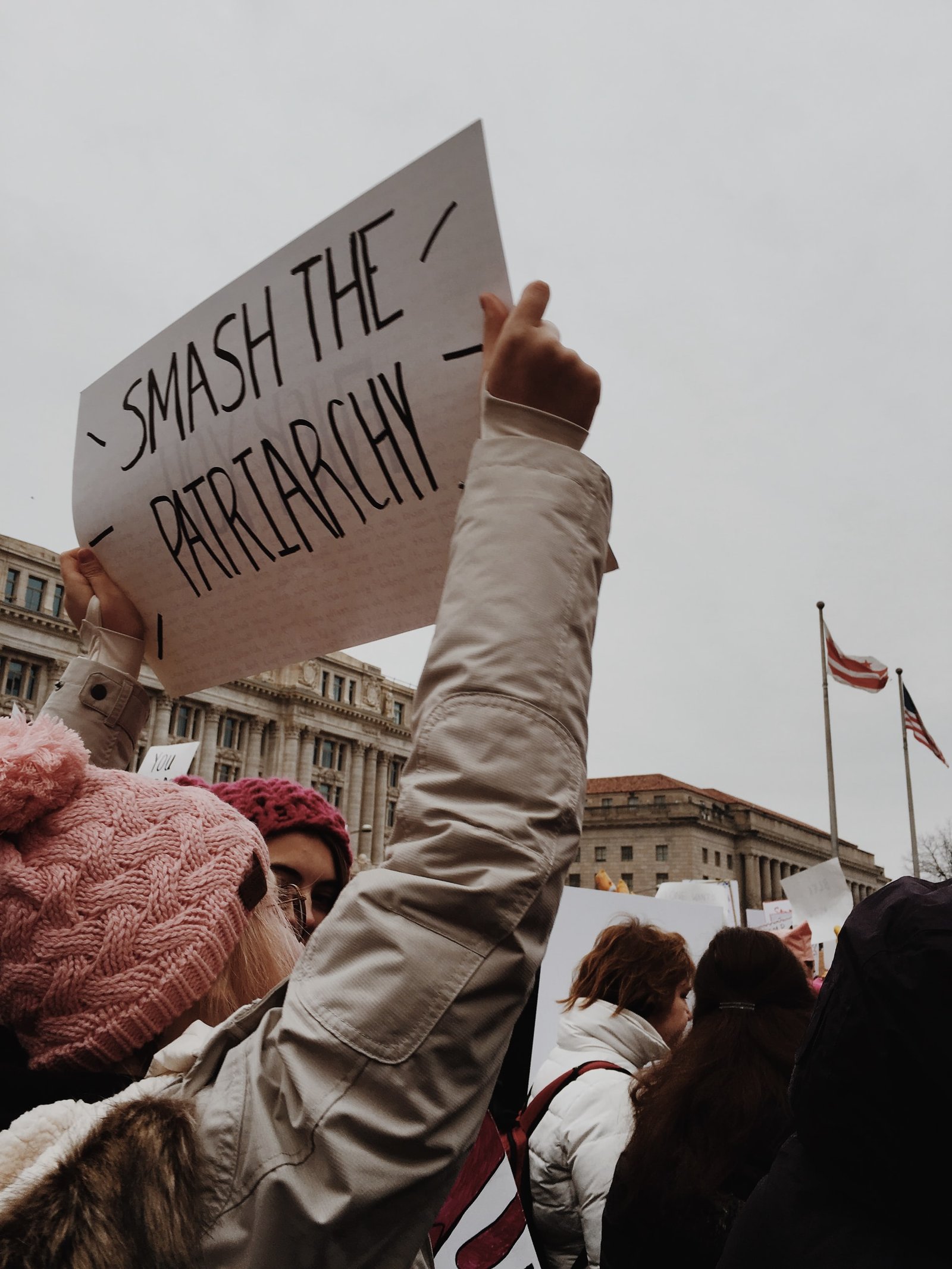
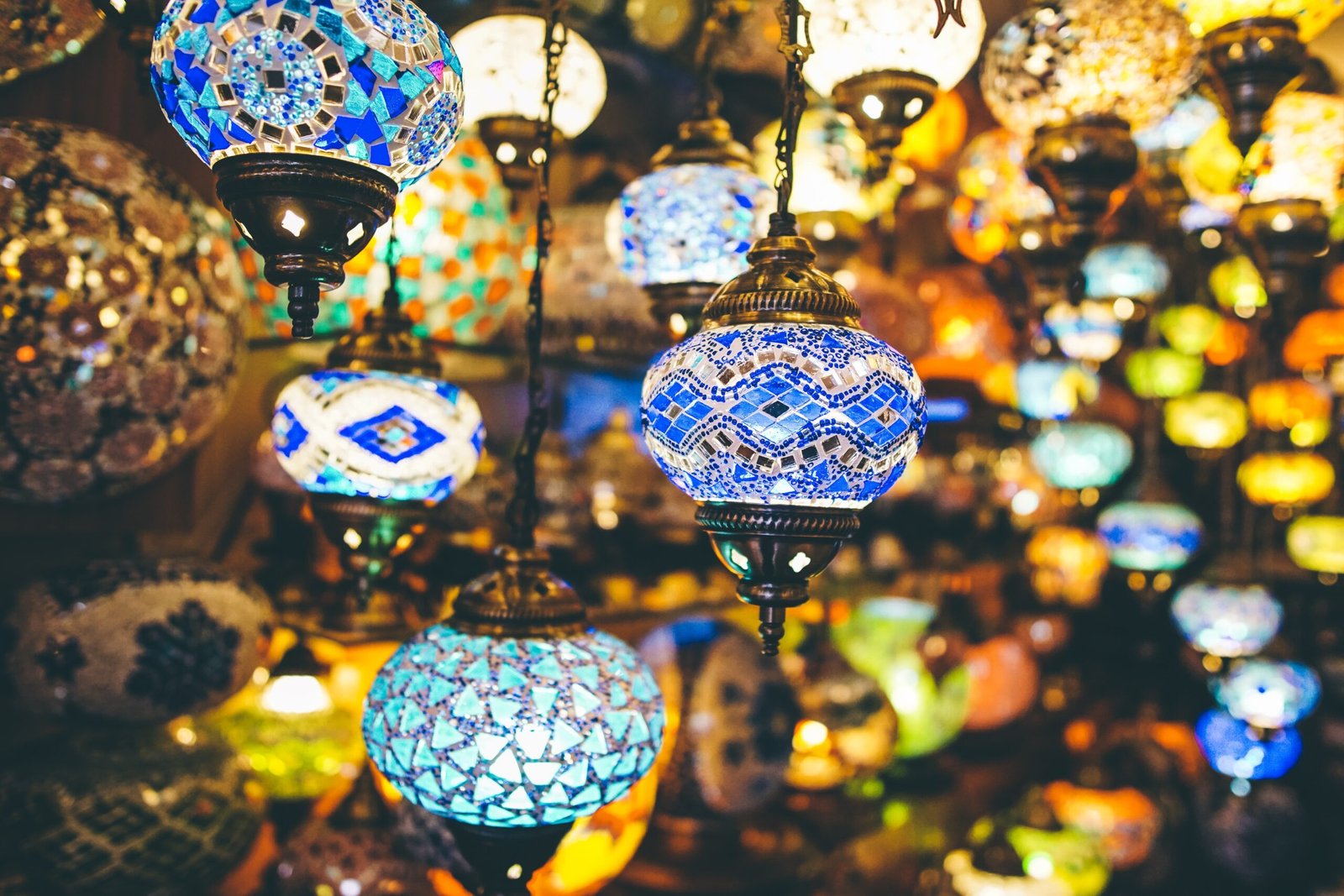
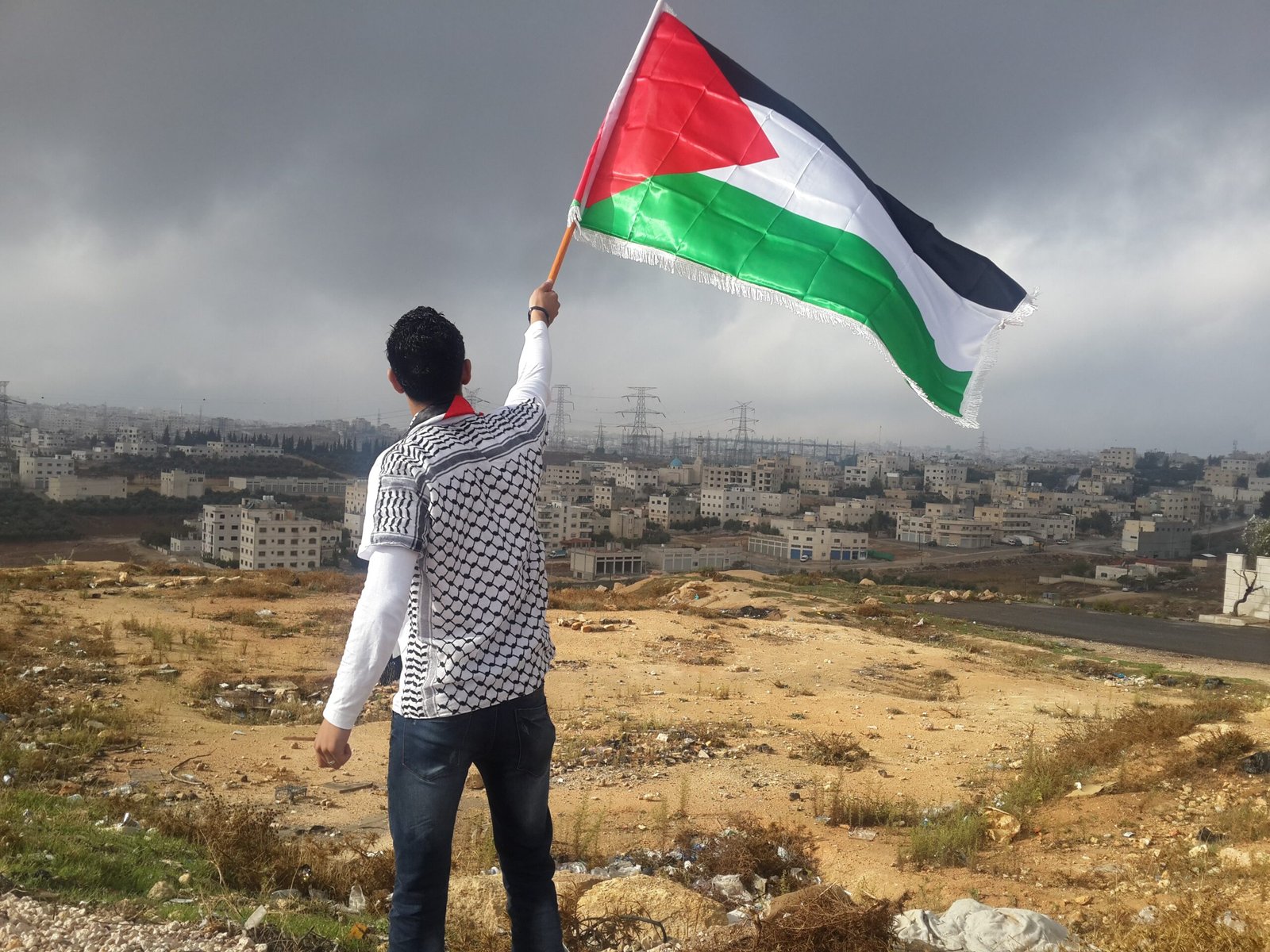
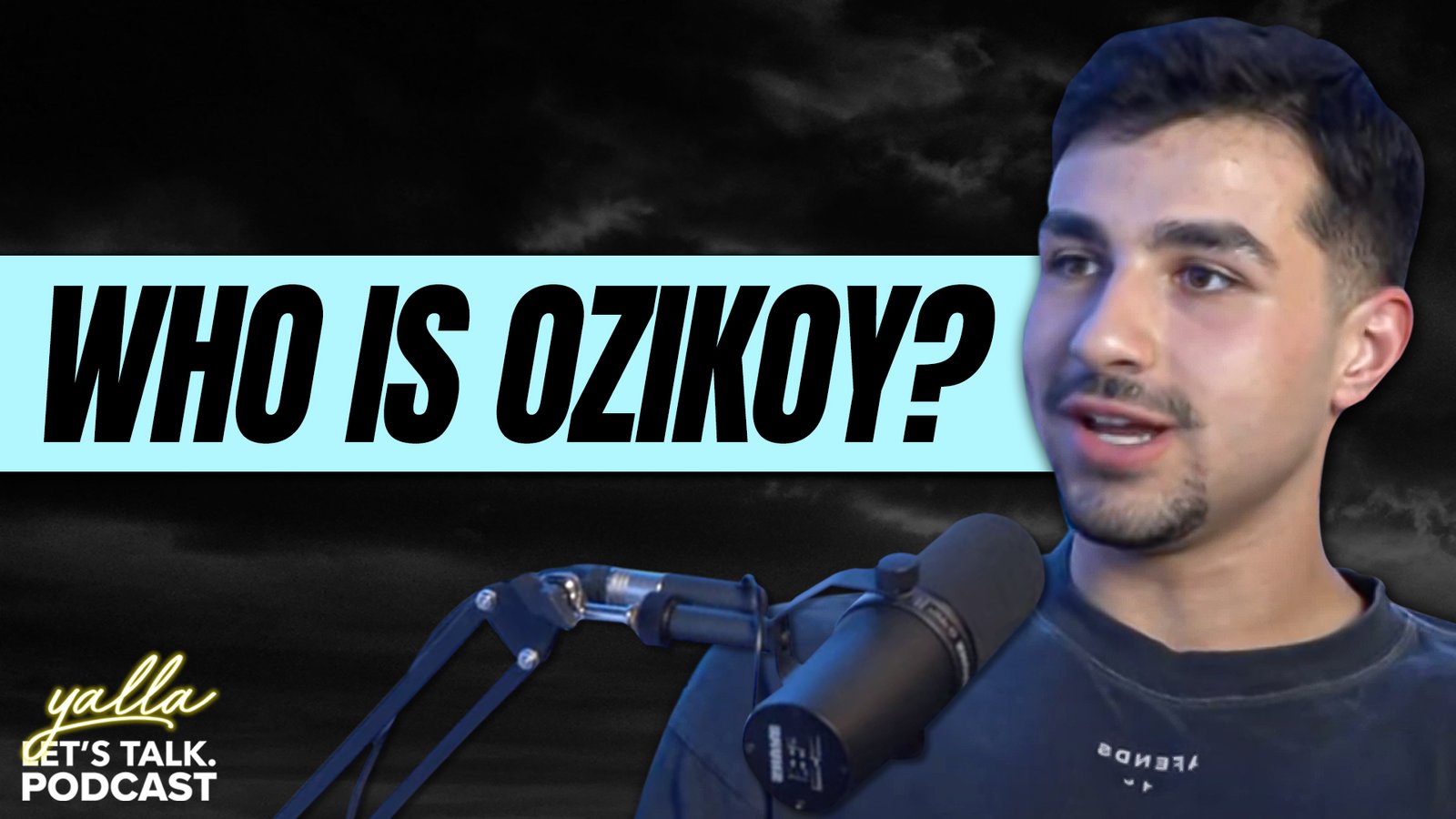
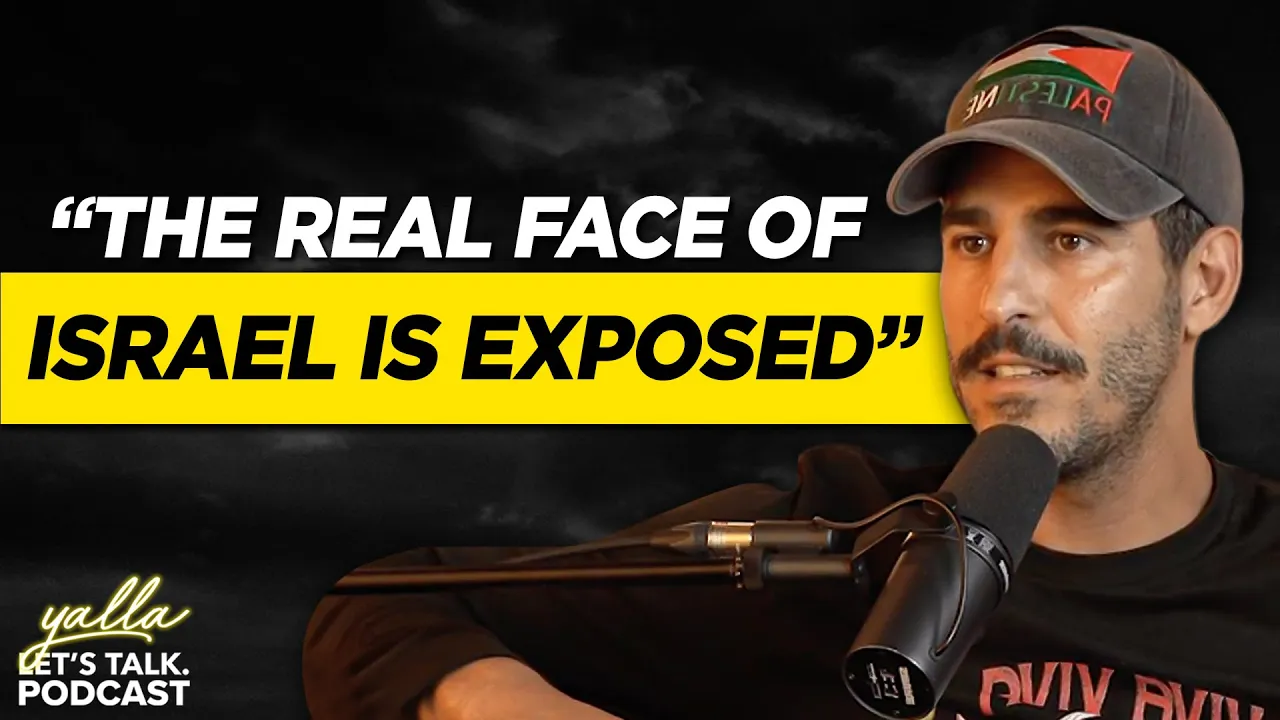
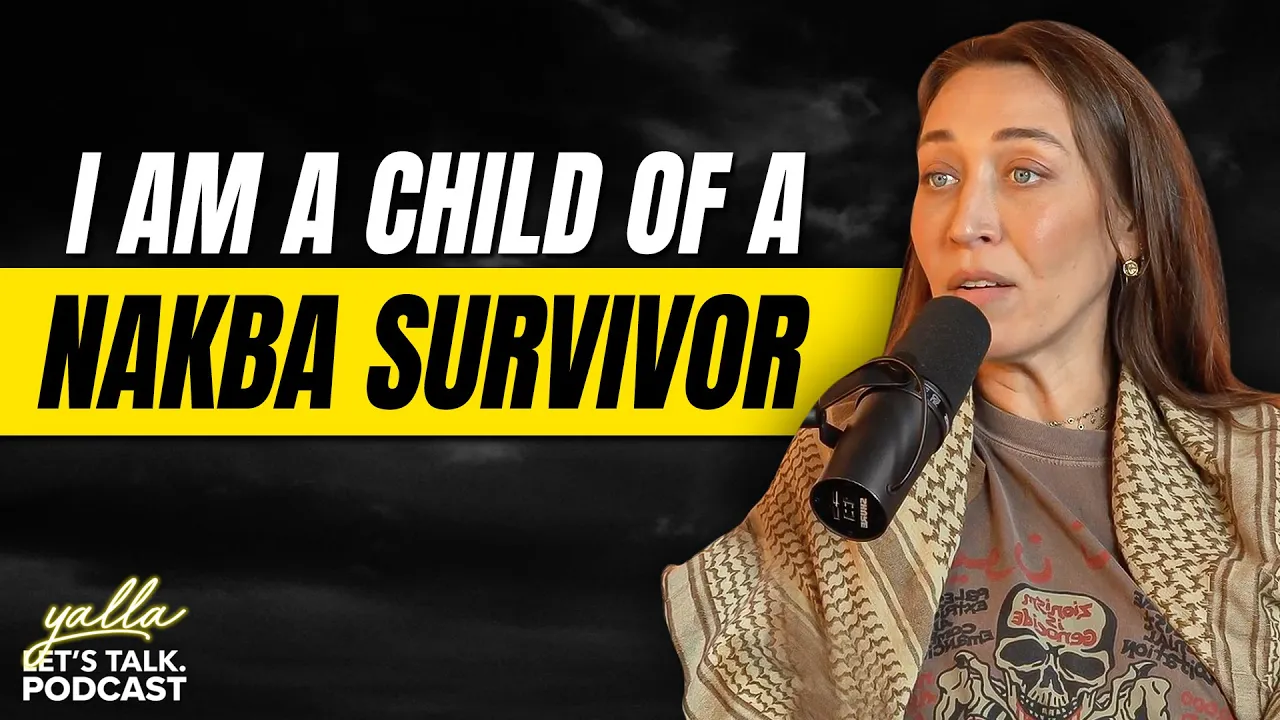
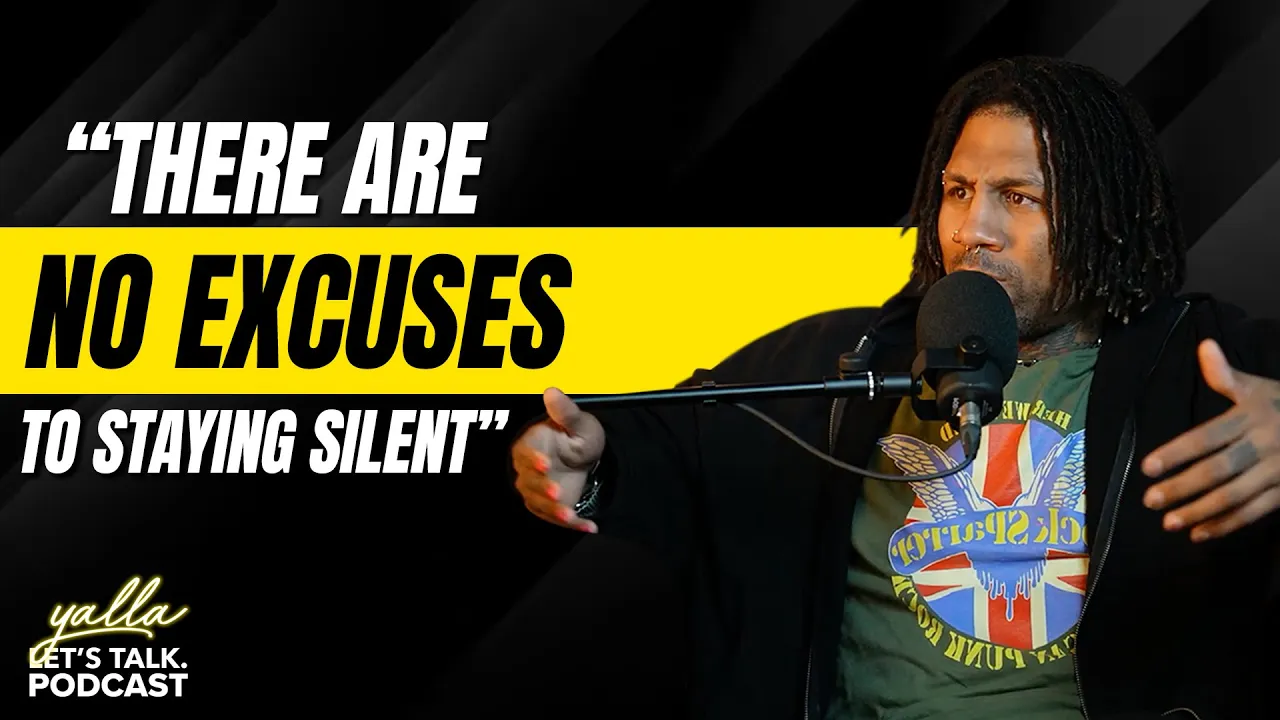
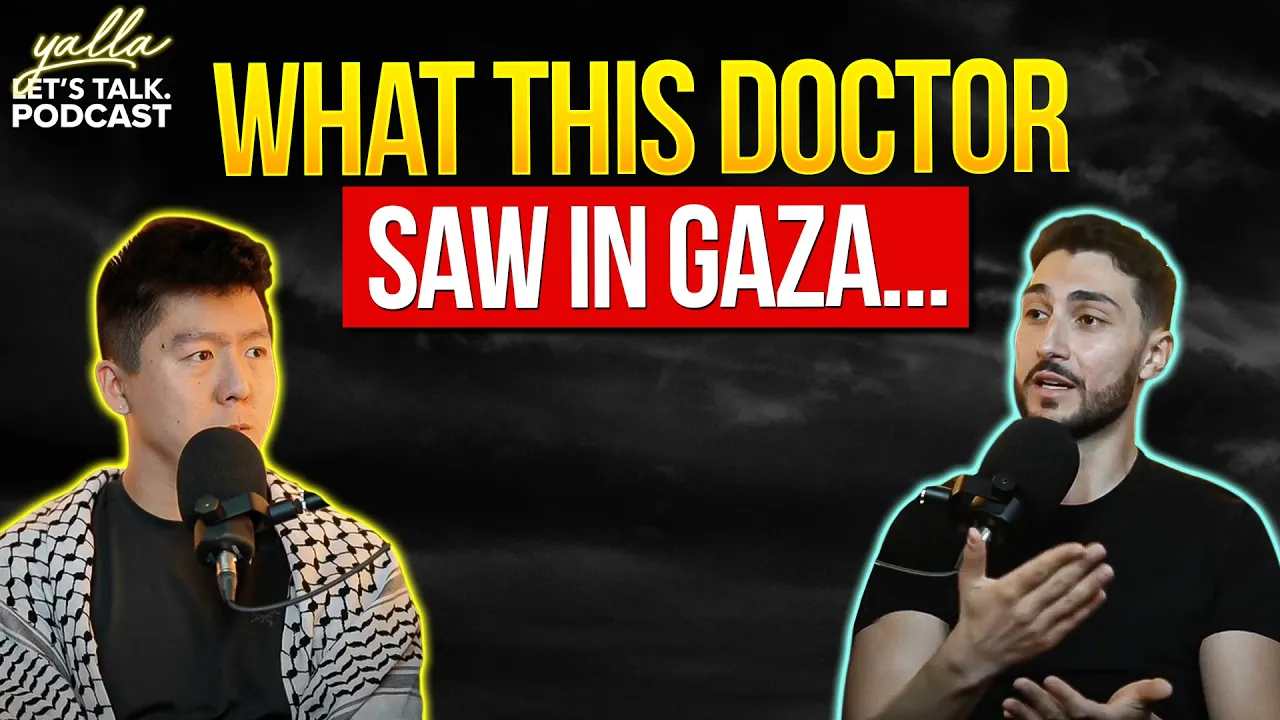
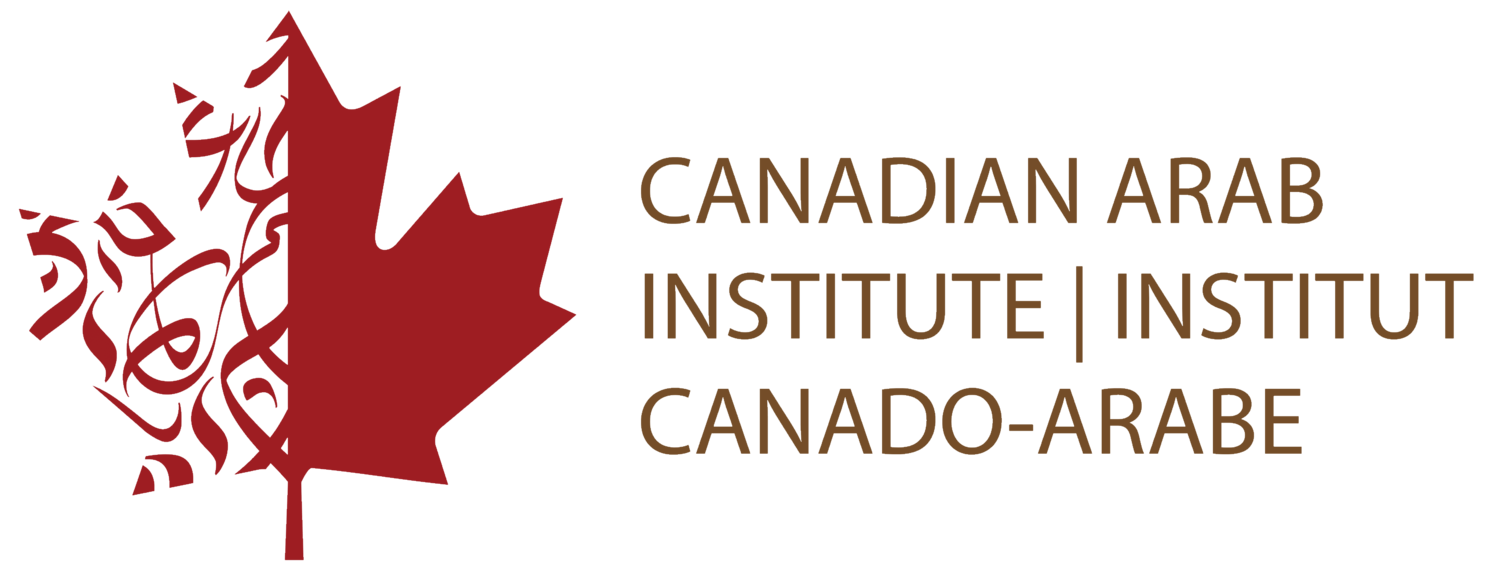
2 Responses
I love this piece. Well-written and totally agree with the representation -it’s the best I’ve seen so far. Thank you!
Wow! Never knew this show existed! Will go watch it now. Thank you for this!